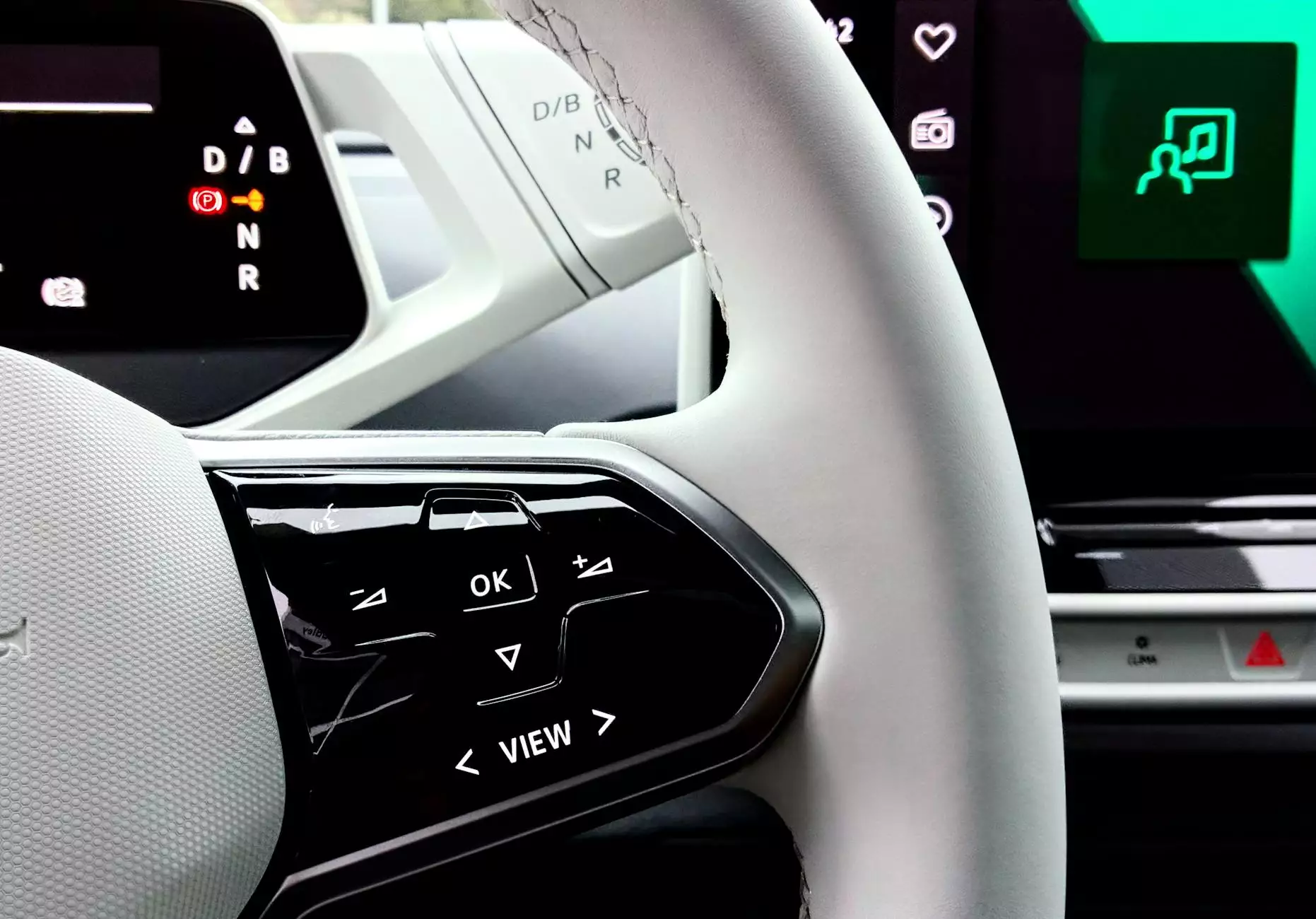Understanding the Role of Transmission Converters in Automotive Performance

In the realm of automotive engineering and performance, transmission converters play a crucial part in ensuring that vehicles operate efficiently and effectively. As an essential component within the transmission system, these devices are often overlooked yet are pivotal for improved performance, fuel efficiency, and driving experience. In this article, we will delve deep into what transmission converters are, how they function, their benefits, and why they are vital for any vehicle's performance. For those looking to upgrade or maintain their vehicles, understanding these components is essential. Let's explore!
What is a Transmission Converter?
A transmission converter, more commonly referred to as a torque converter, is a type of fluid coupling that is used to transfer rotational power from the engine to the transmission in automatic and certain semi-automatic vehicles. Unlike manual transmission systems, where a clutch is used to connect and disconnect the engine from the drivetrain, a torque converter employs hydraulic fluid and is seamless in its operation.
The Mechanism Behind Torque Converters
The operation of a transmission converter can be broken down into several key components:
- Impeller: This component is connected to the engine. As the engine spins, it causes the impeller to rotate, which creates centrifugal force that pushes fluid inward.
- Turbine: Positioned opposite the impeller, the turbine is connected to the transmission. The fluid flow from the impeller spins the turbine, converting hydraulic energy back into mechanical energy.
- Stator: The stator is positioned between the impeller and turbine and redirects the fluid returning from the turbine before it goes back to the impeller, enhancing the efficiency of the converter.
These components work together in a cycle: as the engine runs, the impeller's rotation creates fluid flow that turns the turbine, which ultimately spins the vehicle’s wheels. The design of the transmission converter allows for an automatic adaptation of power based on the driving conditions, making it integral to modern vehicle performance.
The Benefits of Using Transmission Converters
Understanding the advantages of utilizing a transmission converter can highlight why it is essential for vehicle performance. Here are some key benefits:
- Improved Acceleration: Torque converters facilitate smooth acceleration transitions without the need for manual gear shifts, providing a more responsive driving experience.
- Enhanced Fuel Efficiency: Modern torque converters come with lock-up features that minimize slippage, improving fuel economy by ensuring a direct connection at higher speeds.
- Minimized Engine Load: When a vehicle is stopped, a torque converter allows the engine to keep running without stalling, offloading the engine's load and improving drivability in traffic.
- Smoother Shifts: The transition between gears is seamless, leading to a smoother driving experience—even in less sophisticated transmissions.
Common Issues Associated with Transmission Converters
Despite their benefits, transmission converters can encounter problems over time. Recognizing these issues can help in timely maintenance and enhance longevity:
- Slipping: This occurs when the converter fails to engage properly, leading to a loss of power transfer and performance.
- Overheating: Insufficient fluid or excessive heat can cause damage to the converter, leading to failure if ignored.
- Fluid Leaks: Any sign of fluid leaking can indicate a problem with the transmission converter seal, which may require immediate attention.
Maintaining Your Transmission Converter
To ensure the longevity and efficiency of your transmission converter, regular maintenance is essential. Here are some maintenance tips:
- Regular Fluid Changes: Following the manufacturer's recommendations for fluid change intervals helps maintain fluid quality, preventing the converter from overheating.
- Timely Inspections: Regular assessments of the transmission system will help identify any potential issues early.
- Driving Habits: Practicing gentle driving habits can reduce stress on the converter and extend its life.
Why Choose Shenghai Auto Parts for Your Transmission Converter Needs?
When it comes to sourcing high-quality automotive components such as transmission converters, Shenghai Auto Parts stands out as a reputable supplier. Here’s why:
- Diverse Selection: They offer a wide range of transmission converters suitable for various makes and models, ensuring compatibility and quality.
- Competitive Pricing: With a focus on affordability, Shenghai ensures that you get the best value for your investment without compromising on quality.
- Expert Guidance: The team at Shenghai is knowledgeable and can assist customers in selecting the right parts tailored to their specific automotive needs.
- Fast Shipping: Timely delivery ensures that customers can quickly get back on the road.
Conclusion
In conclusion, transmission converters are pivotal components of modern automotive systems, enhancing performance, efficiency, and driving experience. Understanding how they work and the benefits they offer is important for car enthusiasts and everyday drivers alike. From smoother shifts to better fuel economy, a transmission converter is an investment in your vehicle’s performance and longevity.
As you consider upgrading your vehicle’s transmission components, for reliable parts supply, look no further than Shenghai Auto Parts. With their commitment to quality and customer satisfaction, you can ensure that your vehicle runs at its best. Don't overlook the importance of the transmission converter—it's essential for a powerful and efficient driving experience.









